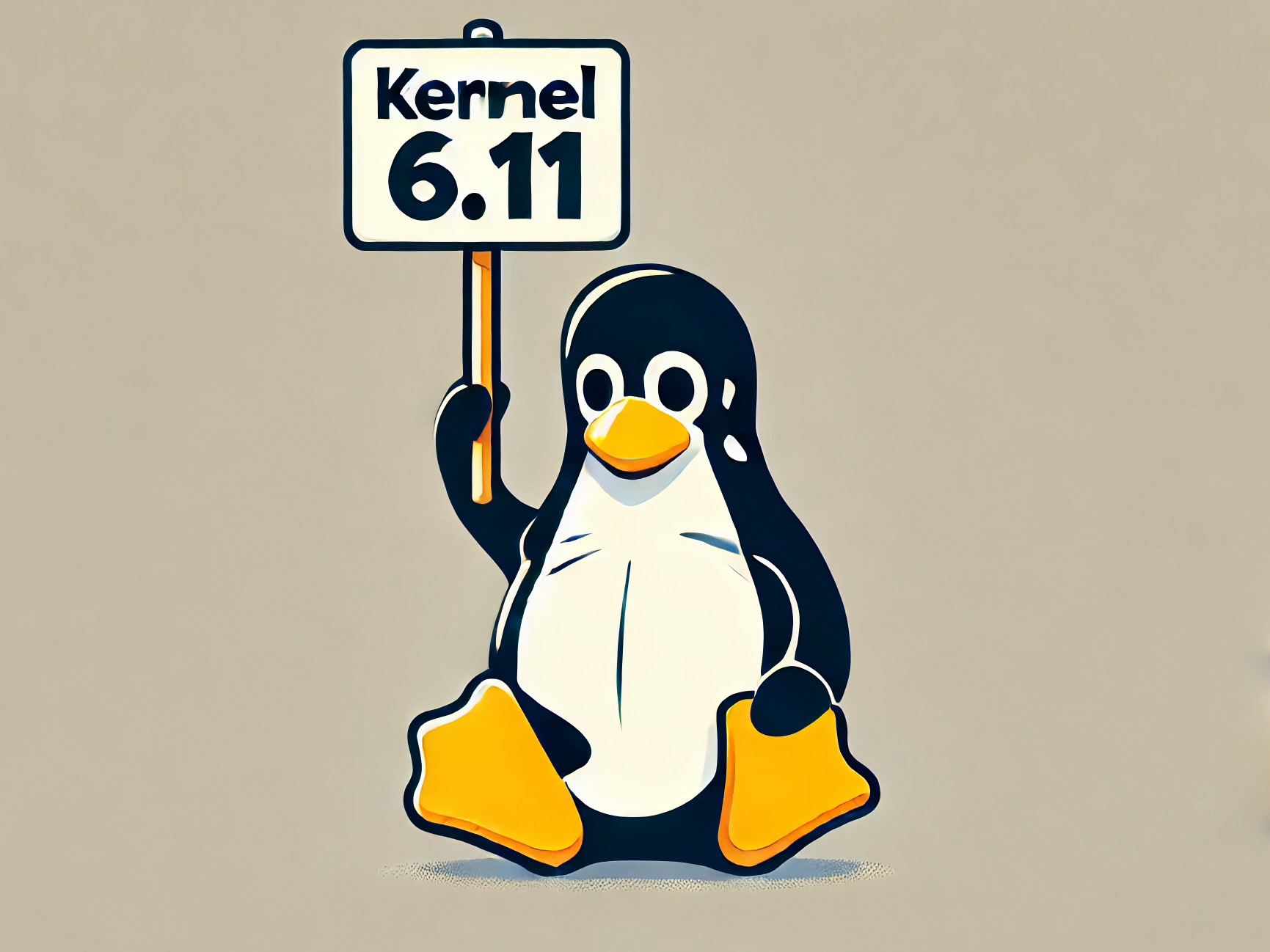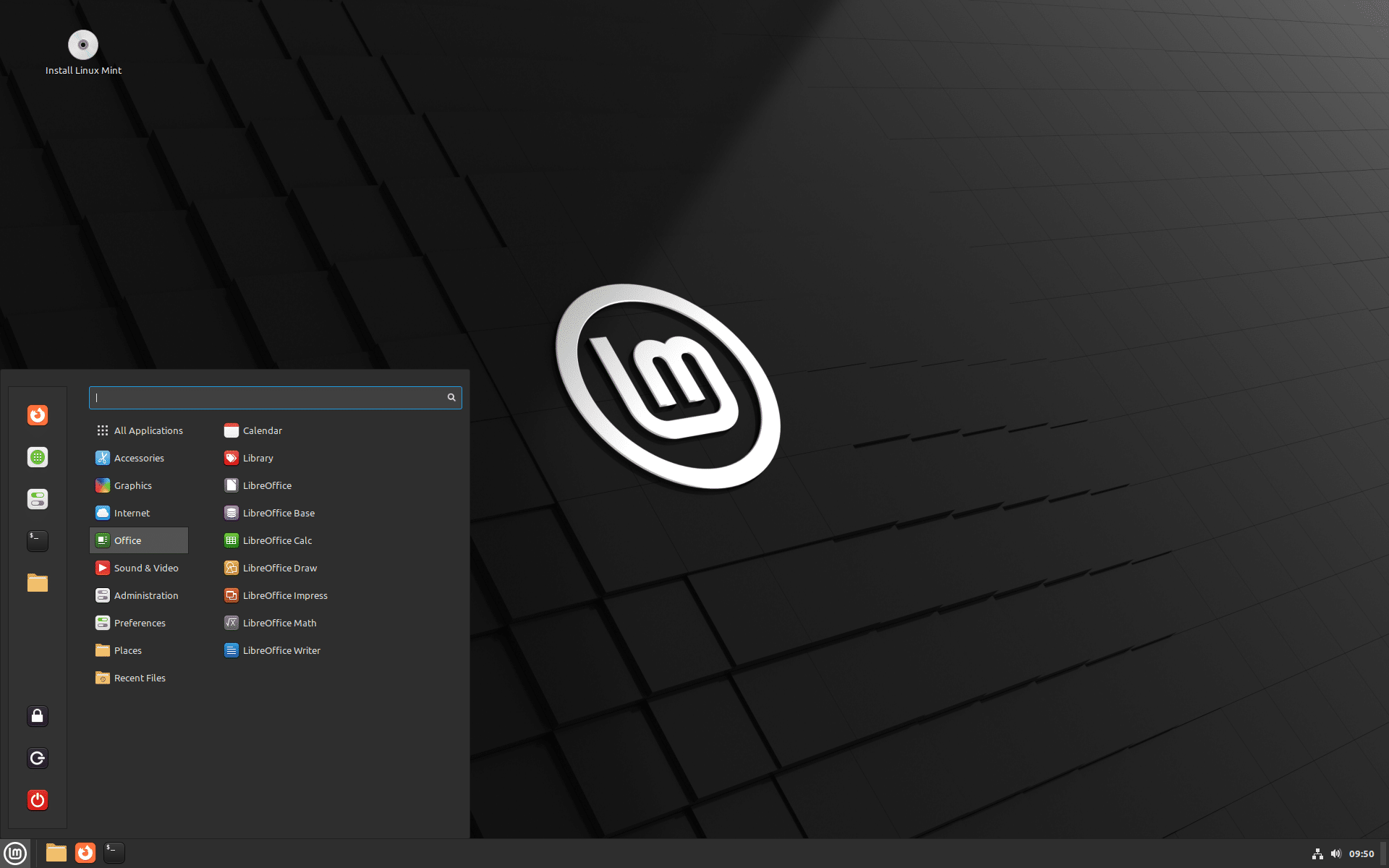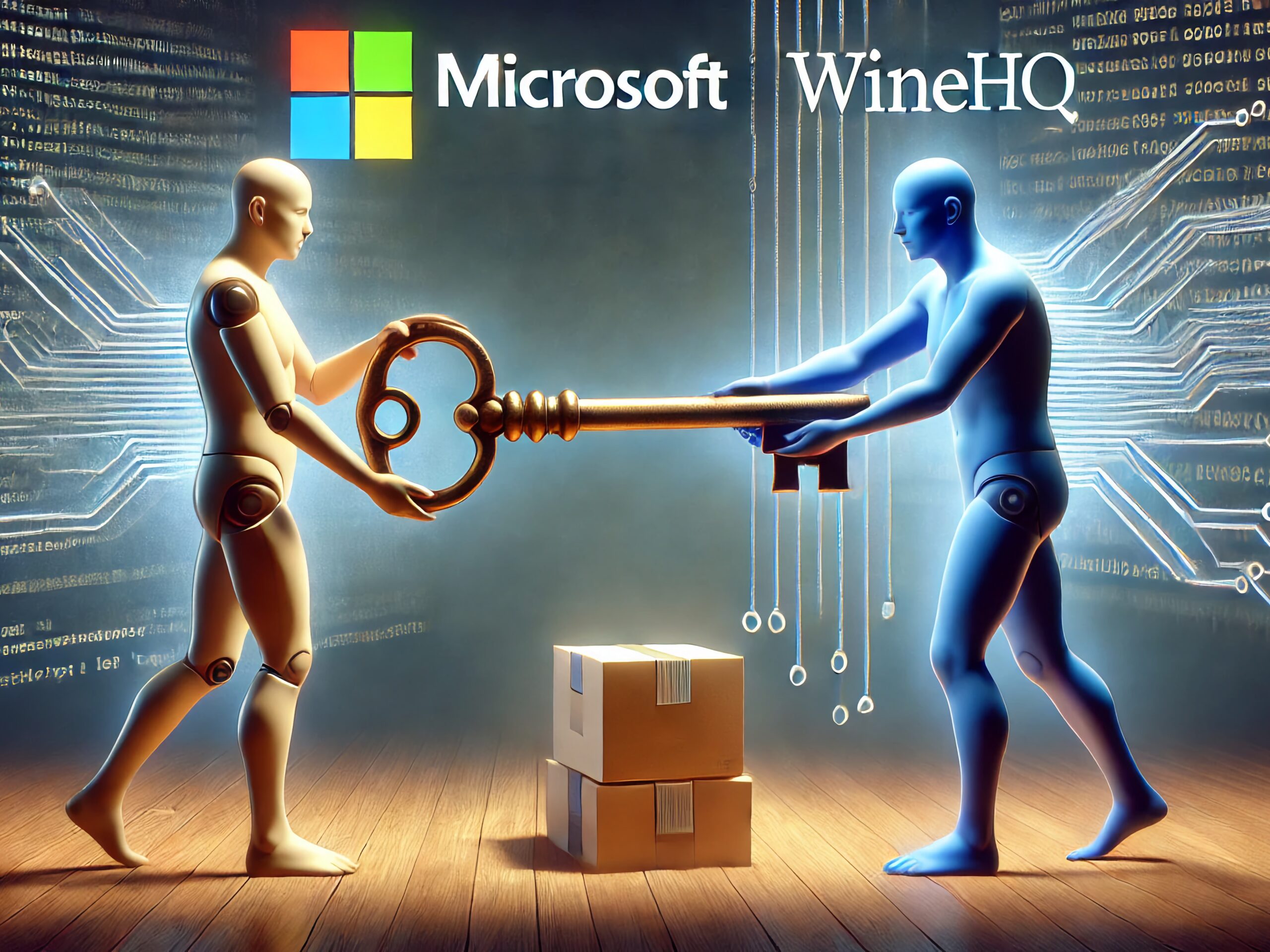
Bring your Windows 10 and 11 desktops to life with the amazing (and free!) Sucrose -- download it now
Static Windows wallpapers can often feel a bit uninspiring, especially if you don’t change them regularly. Sucrose offers a solution by bringing a dynamic, customizable approach to desktop backgrounds.
The versatile wallpaper engine allows you to animate and personalize your desktops with interactive wallpapers and it supports both light and dark themes. Sucrose works across multiple screens and in a range of resolutions, making it compatible with different display configurations.

Winamp source code vanishes from GitHub
Winamp was a beloved media player for tech fans of a certain age, and there was much excitement when the software was made open source. At least it was sort of open source; restrictions on use were such that many people questioned the validity of labelling it as such when it appeared on GitHub less than a month ago.
But all of a sudden the source code is no longer available. Llama Group has now deleted the GitHub repository where the code had been published and, while there has been no official announcement made, there is speculation that the deletion came because of licensing issues with bundled codecs.

Ubuntu Linux 25.04 is called Plucky Puffin
Canonical took to Twitter today to announce the name of its next Ubuntu release: Plucky Puffin. Sticking with its tradition of alliterative animal names, this moniker for Ubuntu 25.04 joins the ranks of past versions like Groovy Gorilla and Jammy Jellyfish. While no specific details have been shared yet regarding what features or improvements Plucky Puffin will bring, the name alone is enough to generate buzz among Linux enthusiasts.
Ubuntu has consistently delivered updates that focus on performance enhancements, security improvements, and new features. With each release, Canonical strives to make Ubuntu more accessible and powerful for both casual users and enterprise environments. However, it will be interesting to see if Plucky Puffin offers any major new developments or simply improves existing features. The Linux community will undoubtedly be watching closely for any signs of innovation.

Ready to leave Windows 11? Solus Linux 4.6 is the gorgeous alternative you deserve
The Solus team has officially launched Solus 4.6 “Convergence,” offering a refreshed Linux experience that brings desktop environment updates, kernel improvements, and enhanced hardware support. For those looking for an alternative to Windows 11, Solus 4.6 provides a compelling option, especially for users interested in performance, customization, and open-source software.
In this release, Solus includes updated ISOs with file names that now reflect the release channel and the date of generation. The OS continues to offer popular default applications, such as Firefox 131.0.3, LibreOffice 24.2.5.2, and Thunderbird 128.3.1, ensuring users have the essential tools out of the box. For multimedia, Budgie and GNOME editions come with Rhythmbox for audio and Celluloid for video playback, while XFCE features Parole and Plasma opts for Elisa and Haruna.

Winamp source code now available on GitHub
There can be few computer enthusiasts of a certain age who do not remember with some fondness Winamp -- one of the first popular MP3 applications, and one famed for “whippin’ the llama’s ass”.
Having been open sourced earlier in the year, the source code for the iconic software has now been published to GitHub. The team behind the player is looking for help from developers to, “improve and modernize the player to meet current user needs”.

83 percent of organizations use AI to generate code despite concerns
A survey of 800 security decision-makers across the US, UK, Germany and France reveals that 92 percent of security leaders have concerns about the use of AI-generated code within their organization.
In spite of these concerns though the study from Venafi finds 83 percent of organizations use AI for coding and open source software is present in 61 percent of applications.

Linux 6.11 released
Linux 6.11 is now available. In his announcement, Linus Torvalds mentioned that the release was largely uneventful, with the majority of patches being relatively small and focused. Torvalds highlighted that the most prominent update in this release is the addition of Hyper-V Confidential Computing documentation.
Torvalds, who is currently on the road in Vienna, noted that while the merge window for the next release cycle opens tomorrow, progress might be slower than usual due to his participation in Open Source Summit Europe and the Kernel Maintainer Summit. He has over 40 pull requests pending but asks for patience as he works through them.

Linux desktop environment Cinnamon 6.4 aims to fix its outdated look with a fresh default theme
Linux Mint has long been praised for its user-friendly design, with the Cinnamon desktop being a core feature. However, Cinnamon's look outside the Mint distro often leaves users unimpressed. In many distributions, Cinnamon’s default visual style feels outdated and unrefined, giving the impression that its aesthetics have been neglected.
Part of the reason for this is Mint’s focus on the Mint-Y theme, which brings a more polished and modern appearance to the desktop. The default Cinnamon theme, however, is largely left untouched, serving as a fallback option for troubleshooting. With little attention from theme developers, this results in a less-than-appealing experience for users of other distributions that don’t implement Mint-Y.

Microsoft transitions Mono project stewardship to WineHQ organization
The Mono Project, a key component of the .NET ecosystem since its start in 2001, is undergoing a transition. Originally created to allow developers to easily build cross-platform applications, Mono has been instrumental in extending .NET to various operating systems, including Android, iOS, and Linux.
After Microsoft acquired Xamarin in 2016, it became the steward of the Mono Project, continuing its development. The last major release of the original Mono Project occurred in July 2019, with only minor patch releases since, the most recent in February 2024.

The essential role of an open data stack in building an open lakehouse [Q&A]
There is a movement underway to bring about a set of intelligent data apps that will require a new type of modern data platform to support them. TheCube Research identifies this as the 'Sixth Data Platform' -- an open, multi-vendor, modular platform.
We spoke to Justin Borgman, co-founder and CEO of Starburst, who believes an Icehouse architecture is the ideal foundation for building an open data lakehouse, underpinned by flexibility and open technologies.

Proton Pass launches secure password sharing feature
Sharing of passwords is a problem. It's reckoned that 43 percent of US internet users share their passwords with others, probably using insecure methods such as messaging, writing them down, or shared documents.
The issue is even worse for businesses, with approximately 69 percent of employees admitting to sharing passwords with colleagues. Good news then is that open-source password manager Proton Pass is launching Secure Links, a new feature enabling users to share items easily and securely with anyone, including non-Proton Pass users.

How RISC-V is changing the server market [Q&A]
Data centers have a strong emphasis on performance and delivering workloads whilst remaining power efficient.
In order to deliver on these aims the open instruction set architecture RISC-V is increasingly being used as an accelerator in data centers since it offers a lot of flexibility, which is especially important with AI. We spoke to Ian Ferguson, senior director at SiFive to discuss why this technology has become key to the server market.

Half of IT pros think there are devices on their network they don't know about
Half of IT professionals believe there are devices connected to their network that they're unaware of, despite nearly 60 percent admitting that insecure devices pose a 'very high' or 'high' risk to their organization.
This is among the findings of a survey of 250 IT professionals by Advanced Cyber Defence Systems (ACDS) which also finds over two-thirds of organizations have experienced three or more data breaches in the past 24 months.

Enterprise secrets leaked in code management systems
Enterprise secrets could be inadvertently leaking via GitHub repositories, according to new research from Aqua Security.
By scanning the most popular 100 organizations on Github, which collectively includes more than 50,000 publicly accessible repositories, Aqua researchers found active secrets from open source organizations and enterprises such as Cisco and Mozilla providing access to sensitive data and software. The exposed secrets could lead to significant financial losses, reputational damage, and legal consequences.

Linux-based postmarketOS v24.06 supports over 250 devices, taking on Google’s Android and Apple’s iOS
postmarketOS v24.06 is now available, targeting Linux enthusiasts who seek more control and flexibility on their devices. This release brings stability improvements and automated testing, though it may not yet match the polish of ChromeOS, Android, or iOS.
The appeal of running Linux on personal devices lies in the freedom it offers. postmarketOS does not require account setups, does not push cloud storage, avoids pre-installed bloatware, and does not follow privacy-invasive AI trends. Instead, it focuses on free software, user control, and extending device usability beyond the original vendor's support.
